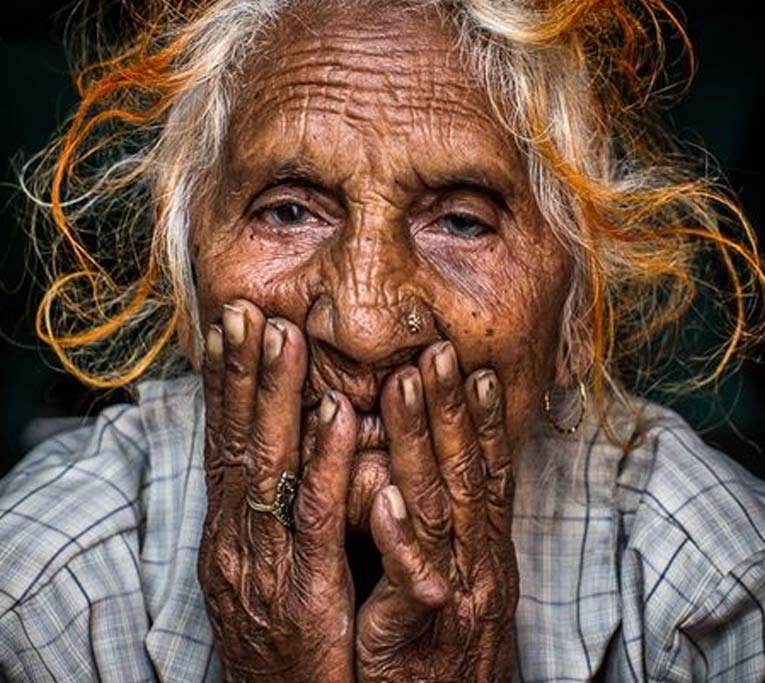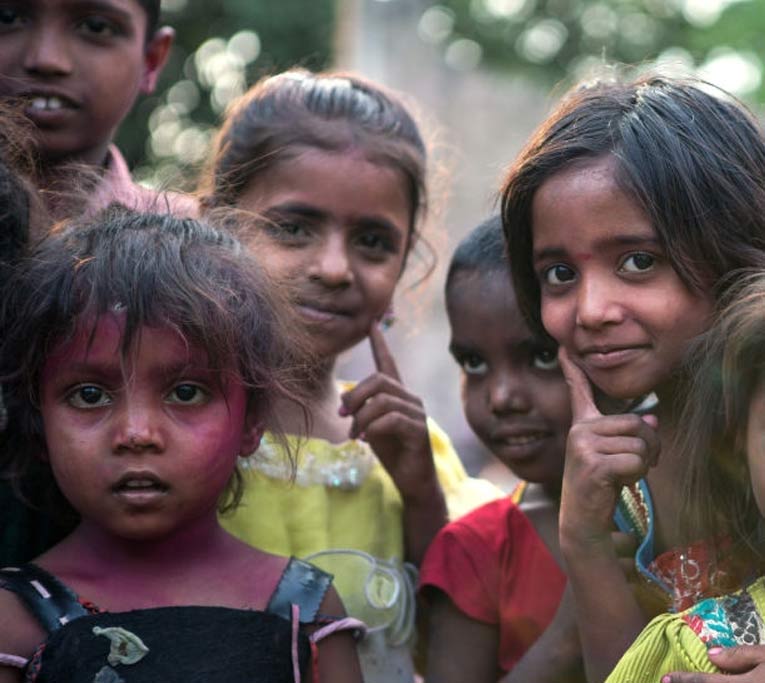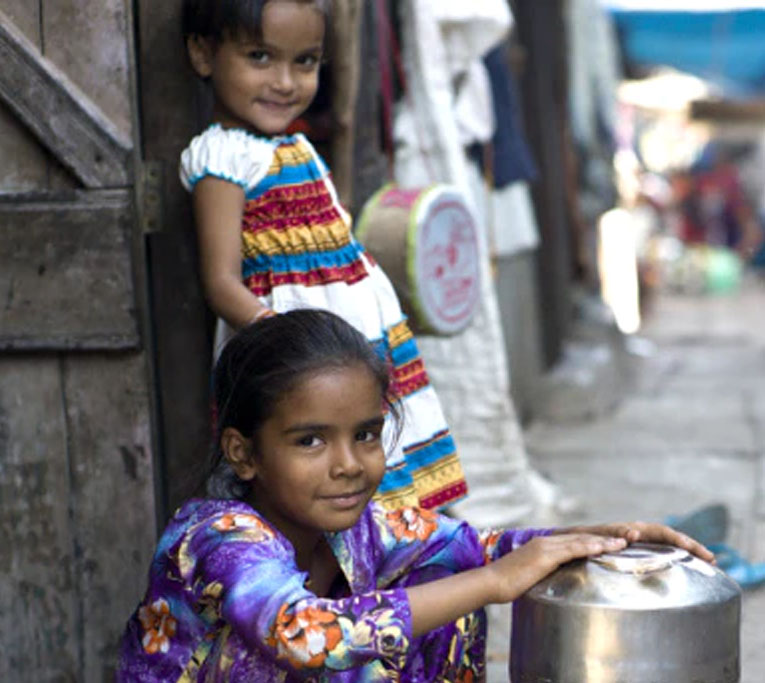SUDHAR SABHA
(A Registered Charitable Society Estd. in 1921 )
Deepchandra Belani Marg, Nawab Ka Bera, AJMER-305001 (Rajasthan) India.
Ph : 91-145-2423526, 09828041654 E-mail : sudharsabha.ajmer@yahoo.com
SEWA : Our Dharma
96 years of selfless service at the feet of Lord
“Since man is made in the image of God,
every action done in the service of man, is transfigured into worship.”
– Swami Vivekanand
CHANGE IS THE LAW OF NATURE
Change is life. Stagnation leads to death. From time of birth, every living species changes every moment. Hundreds &
thousands of cells in a body die daily and new ones are born. Thus we are changing and getting invigorated daily.
What is true of human life is equally, if not more, valid for organisations. The latter have the advantage of infusing
fresh and new blood periodically. New people bring new ideas. Thus experience of the existing personnel and fresh
thoughts of new ones combine to enrich organisations. Even existing members and office bearers also try to keep open mind and update themselves with changes. Thus, process of change goes on continuously.
CHANGE IN PERSPECTIVE AND PRIORITIES IN SUDHAR SABHA
Phase-I (1921-1947) Reformation Phase
In Pre-independece period in Sind, level of poverty being less, emphasis was on movement against dowry, creating
public opinion for girls’ education, publication of books on social & spiritual subjects etc.
Phase-II (1948-1980) Rehablitation Phase
Millions of people, almost penny-less, migrated to unknown places in India as a result of partition of the country
in 1947. Sudhar Sabha, itself left its huge property and other resources in Sind. But will power and sensitivity to human suffering being strong among its leading lights, it started giving grains, cloth, cash assistance to large number of poor families in Ajmer by mobilising donations from limited number {= of well-wishers. Soon it started a dispensary, scholarships to needy students, a school which was elevated to High Secondary level later, shelter homes in whatever buildings could be purchased from limited funds, Diagnostic Centre at very concessional rates, training centres for tailoring, typing and a work centre for making papads to enable ladies to earn by working there.
Our volunteers serving food on occasion of Dhanterus
Phase-III (1981-2003) Expansion Phase
A multistoreyed General Hospital for less affording section of society, new pre-primary Montessory and Primary school, computer centre, adoption of students for total educational needs, increased assistance to larger number of families, free monthly Eye-camps and a nursing training school, were added as new activities in this phase.
Phase-IV (2004-2011)
Upgradation & Rationalisation Phase
As the country had, by then, entered globalisation era, better telecommunication facilities and higher rate of G.D.P. growth, need for quality education, technical education, awareness and hankering for larger needs even in poorer segments of society necessitated re-orientation in thinking and approach of Sudhar Sabha for upgrading its role and activities in tune with changing conditions.
Sudhar Sabha expanded and upgraded its schools by introducing Commerce and Science streams in Higher
Secondary School, upgrading primary school to middle school level, upgraded equipment in Hospital, rationalised and
increased rates of fees and charges in school and hospital with a view to making these institutions self-reliant, bringing
them to break-even level and avoiding huge deficits and grants for sustenance. As a result, these institutions are no
longer loss-making ventures and are generating small surpluses.
Greater monitoring of assistance to poor families resulted in some reduction in the number of families being
supported by Sudhar Sabha and slightly increasing the amount of assistance to the remaining families.
Phase-V (2012-2021) Transformation Phase
National Economy started stagnating since last 3/4 years and there was a perceptible downrward trend. On the other
hand, expectations of people were increasing due to greater awareness and education. Funding from individual donors
started declining but by the grace of God, simultaneously support from Trusts and other organisations started increasing.
Traditional thinking about helping a large number of poor families with smaller amounts endlessly by many N.G.Os. may have avoided deaths from hunger or malnutrition in urban areas but that has not improved financial condition of recipients; in fact their dependence on multiple sources of aid led to prepetual poverty. Therefore entire approach to charity needed a total relook and transformation. Accountability, self- help, skill development as a tool for getting better and early employment, encouraging concept of loan to the poor in place of direct assistance, have become important factors for a rethink on charity related issues. Fortunately recent signs of improvement in economy are visible.


